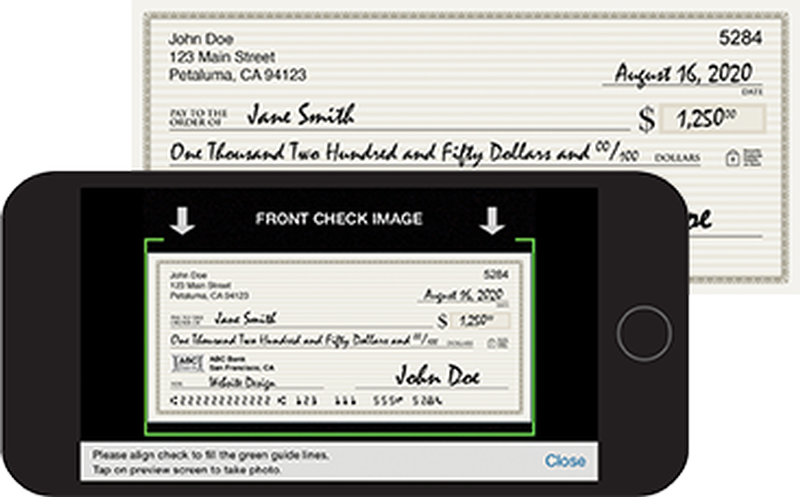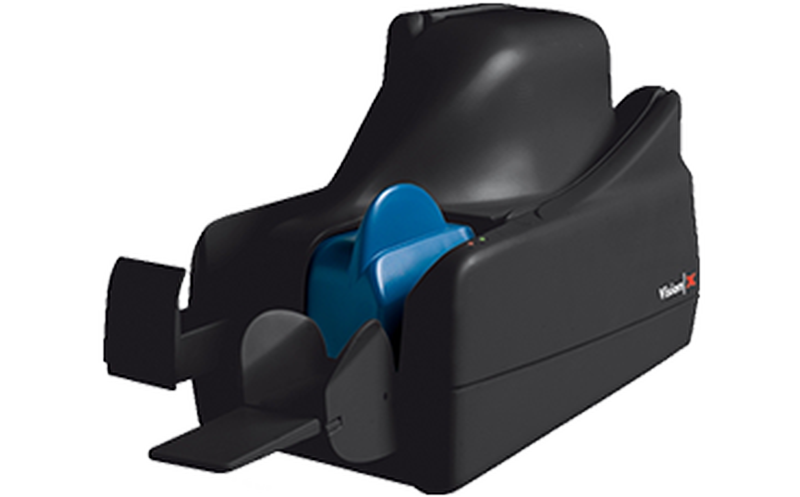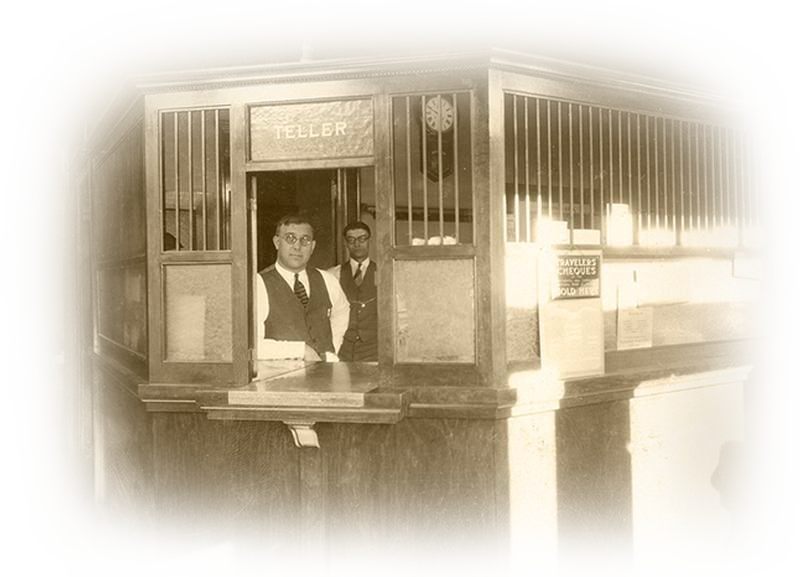Sharing is Important Life Skill
My 2-year-old exhibits surprising (and adorable!) consideration for others at times. Grace will give her toys to other kids to play with and is a good helper at home. When I seem sad, she asks me, “Are you okay, mommy?” as she rubs my arm and stares at me. Then she says, “Mommy, I give you hug.”
Research indicates kids are born empathetic. As they grow up, they become more self-focused, less concerned about others’ wellbeing. If we as parents want our kids to value generosity and care for others later in life, we must nurture and model those behaviors, starting when our kids are young.
While sharing our time and money is optional, sharing is an important life skill for strong relationships, high-performing teams and healthy, connected communities. Studies also indicate those who donate to others tend to be happier and healthier than those who don’t.
We can bridge kids’ innate empathy into a lifelong practice of giving by talking to them about a charity you know they’d like and what it does. Ask them if they’d like to give or volunteer for that organization. Don’t force it as that could build resentment and backfire later, according to experts.
Kids with a “Save, Spend, Share” bank and those who adopted the saving and spending tips we wrote about previously likely have money saved for sharing. If kids don’t have money, they can still support causes they like by tapping into the generosity of others. Some easy ways kids can practice generosity include:
- Hosting a birthday fundraiser or donation drive for essentials that nonprofits need. Money is the easiest for others to give but collecting diapers or dog food for the food shelf is more tangible to younger children.
- Identifying items that could be sold with the proceeds going to a nonprofit. Kids can help with the sale post by taking photos and describing the item to you.
- Hosting a lemonade stand, cookie sale or car wash. Offer to match the money raised to demonstrate that giving is important to your family.
- Bringing them to New Market Bank in Prior Lake, where we collect donations for local charities every month.
- Taking the kids when you donate items to a thrift store. Shop in the store and explain how donated items turn into monetary donations.
- Having your older kids research nonprofits through Charity Navigator or Great Nonprofits before donating.
Volunteering can be just as valuable – and sometime more meaningful – as donating money. It’s a fun family activity, too. Support great Prior Lake organizations by volunteering to tie blankets for Hugs from Hunter, or delivering “power packs” or Thanksgiving meals for R.O.C.K.
Karen Ramola is Vice President of Retail Banking at New Market Bank. This article is the fourth and final article in a series. To read the previous articles or access other children’s financial literacy tools, go to NewMarket.Bank/sss. While supplies last, kids 13 and under can get a free “Save, Spend, Share” bank when they open a new savings account at New Market Bank.







